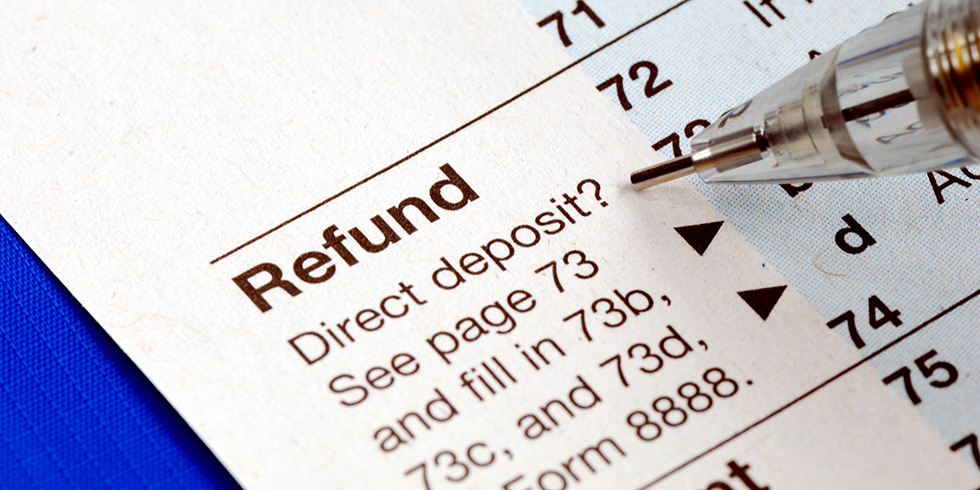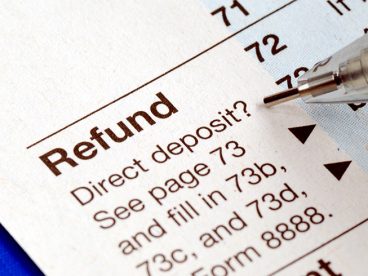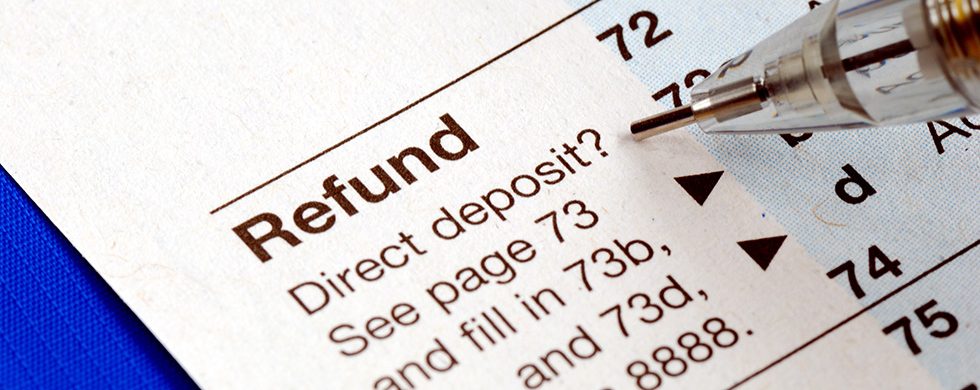By Lindsay Wong, 2018 Get It Back Campaign Intern

If you are looking forward to getting a tax refund this year, you should know that it might not come as soon as you would like due to refund delays. Feeling discouraged? Here’s the info you need to help you navigate the tax season.
1. What is the delay?
Under the Protecting Americans from Tax Hikes (PATH) Act passed in 2015, the Internal Revenue Service (IRS) is required to hold certain tax refunds so that they can verify income. This requirement is intended to help reduce errors in claiming these tax credits, thus, protecting you and your refund.
2. Am I affected?
If you are claiming the Earned Income Tax Credit (EITC) or the refundable part of the Child Tax Credit (CTC), you will experience a refund hold whether you use a free tax site, pay for tax filing, or file your own taxes. You cannot pay someone to provide your refund quicker. The delay applies to tax returns filed before mid-February and affects to your entire refund. You cannot receive a partial refund based on taxes you’ve had withheld or other tax credits.
3. When will I get my refund?
The earliest tax refunds are expected to be available to electronic filers who use direct deposit into a bank account or on a debit card is February 27, 2018. Even though your refund may be delayed, don’t wait to file your taxes. Plan to file as you normally would, as waiting could prolong the time it takes for you to receive your refund. You can check the status of your refund starting February 17, 2018 using the IRS tools, Where’s My Refund? or the IRS2Go mobile app.
Although offers to get part of your tax refund back immediately through an advance loan may be enticing, consider all the conditions first before making a decision. No tax preparer can help you get your refund faster, they can only offer you a loan that you are expected to pay back when you receive your refund.






